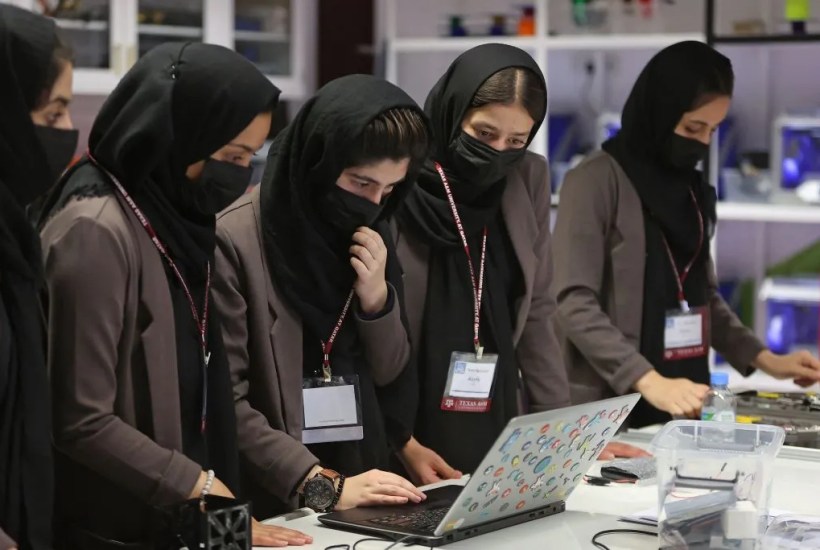The post-October 7 backlash against campus antisemitism has taken its next casualty: Texas A&M’s Qatar branch campus. The Texas A&M System’s Board of Regents voted 7-1 on February 8 to close its overseas campus in Qatar by 2028. This makes Texas A&M the first American university to end its deal with the Gulf State after two decades in operation and more than $600 million in Qatari funds.
Already a subscriber? Log in
Subscribe for just $2 a week
Try a month of The Spectator Australia absolutely free and without commitment. Not only that but – if you choose to continue – you’ll pay just $2 a week for your first year.
- Unlimited access to spectator.com.au and app
- The weekly edition on the Spectator Australia app
- Spectator podcasts and newsletters
- Full access to spectator.co.uk
Or




















Comments
Don't miss out
Join the conversation with other Spectator Australia readers. Subscribe to leave a comment.
SUBSCRIBEAlready a subscriber? Log in